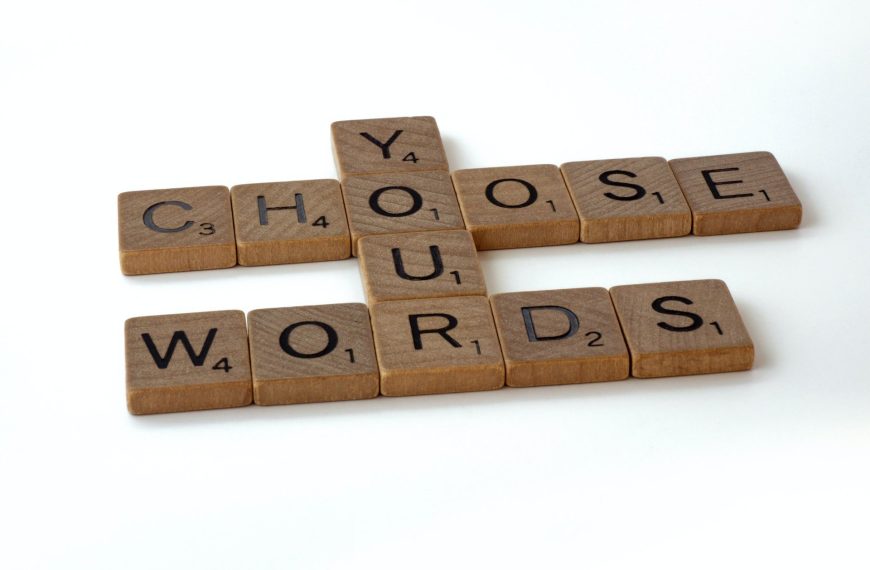It seems almost too good to be true – that something as simple as body language can have a profound and measurable impact on our lives and businesses. However, this is precisely what Harvard Lecturer Amy Cuddy's TED Talk, "Your Body Language May Shape Who You Are", so compellingly demonstrates.
Many of us already know that nonverbal communication can impact those around us. However, research from social psychologist Cuddy shows that it can go even further – nonverbal actions can fundamentally change our perception of self and the trajectory of our lives.
If you have wondered, 'How can I be more successful in business?' or even how to be more confident with outsourcing tasks to someone else, then harnessing the power and impact of nonverbal communication could be key.
And it's all down to a straightforward biological effect triggered by our body's positioning.
Hormonal Changes
While it is easy to think of our body language as something we "do", Cuddy's research highlights that it can create physical changes in our bodies.
When we adopt what has been named a "High Power Stance," our body releases the hormone testosterone and decreases cortisol. This action makes us feel more confident and capable. This feeling manifests into positive behaviours like taking the initiative or speaking up in meetings. These actions not only make us believe and become more confident, but they can also dramatically change others' perceptions of us – even if the words we say, and the actions we take, are the same as they would have been without adopting the position.
The concept of "fake it until you make it" takes on a whole new meaning when applied to body language. We are often so afraid of appearing weak or unconfident that we fail to recognise the power of changing our nonverbal cues. This is particularly prevalent with women and is often cited as one of the reasons why the gender pay gap remains in place into the 21st century. Discrimination against women has led to instances of lower confidence, which can impact body language, thus starting the cycle again.
The Impact Of “Faking It” On Mental Health
These insights are not only valuable for a business context either. They can also positively affect mental health and general outlook. For people who struggle with self-esteem and confidence, these small, purposeful body language changes can help garner feelings of positivity and increased self-worth.

Using our body language to change how we think and feel consciously can create more confidence and resilience when tackling challenging tasks or goals. This feeling then creates a compounding effect, making confidence and success achievable faster and more dramatically. All conceived from tiny actions taken.
How Can This Help You In Business?
By taking progressive action on this quantitative data and research, business owners can have more control over how body language affects perceptions, communication, and overall outcomes.
Understanding the power of body language and its day-to-day role in perception can help strengthen relationships with oneself, customers, and employees. In doing so, you can create an even more positive work environment.
High Power Poses Vs Low Power Poses
The crux of Cuddy's analysis is the impact of adopting different "Power Poses". Two types categorise these poses:
- High Power
- Low Power
Click here to see a video to demonstrate this.
High Power Poses
A straightforward way to increase our feelings of power and authority is to engage in High Power Poses or gestures.
Examples of these include:
- Standing tall
- Opening your body space
- Taking up physical room
- Spreading your arms wide
- Holding your head high
- Pushing out your chest
- Planting your feet firmly on the ground
- Maintaining eye contact with those around you
Low Power Poses
By contrast, Low Power Poses, which can increase cortisol levels and other stress responses, involve closed-off body language that can project feelings of insecurity and lack of authority.
Examples of these include:
- Crossing your arms
- Hunching over
- Avoiding eye contact
- Making yourself smaller
- Holding or covering your neck
Knowing how you hold yourself both in the office and outside is essential. Low Power Poses can harm our confidence; engaging in High Power Poses can help us project an air of strength and competence, making us feel capable of doing more.
How To Put Power Poses Into Practice
First, being aware of how you present yourself in meetings and work situations is essential.
Take a few moments beforehand to adopt a power stance that will make you feel more confident, and use your body language to project a sense of self-assurance. These actions can be done behind your desk, in a lift, or even in the bathroom. By making yourself feel bigger and taller, you can "trick" the brain into releasing that all-important testosterone and preventing the release of the stress hormone cortisol.
Second, if you're feeling anxious or overwhelmed at work, take some mindful breathing exercises combined with a power stance – this can help calm your nerves and give you the confidence to face any challenge head-on.
Finally, remember that body language is about more than just being seen; it also affects our internal state. When we act "as if" we are powerful and confident, it helps us become so. Belief in yourself and your capabilities, along with a growth mindset, can be that tiny little change you need to chase your dreams – even if you start by pretending.
Using nonverbal communication in this way is incredibly powerful and can be used to significant effect. By "faking it until we become it, " we can summon the confidence needed to achieve our goals.
Looking to get started with a Virtual Assistant? Book a free consultation today!







